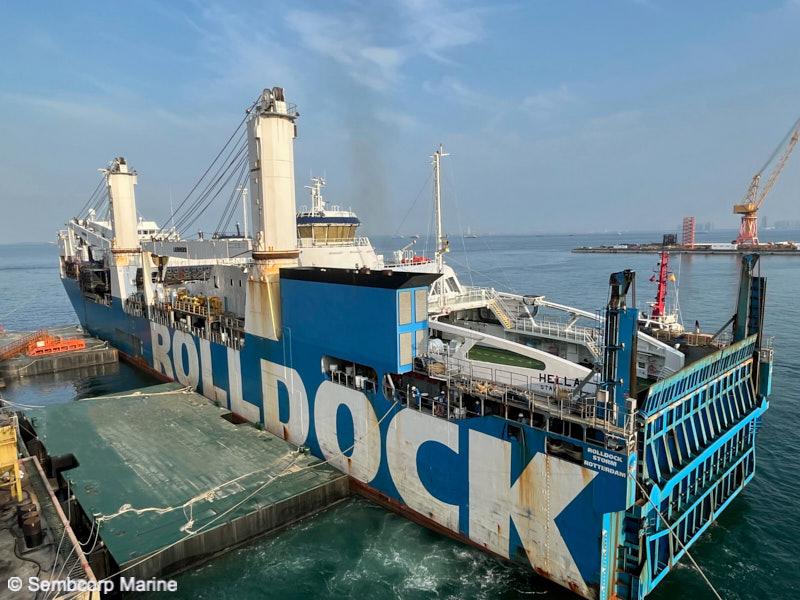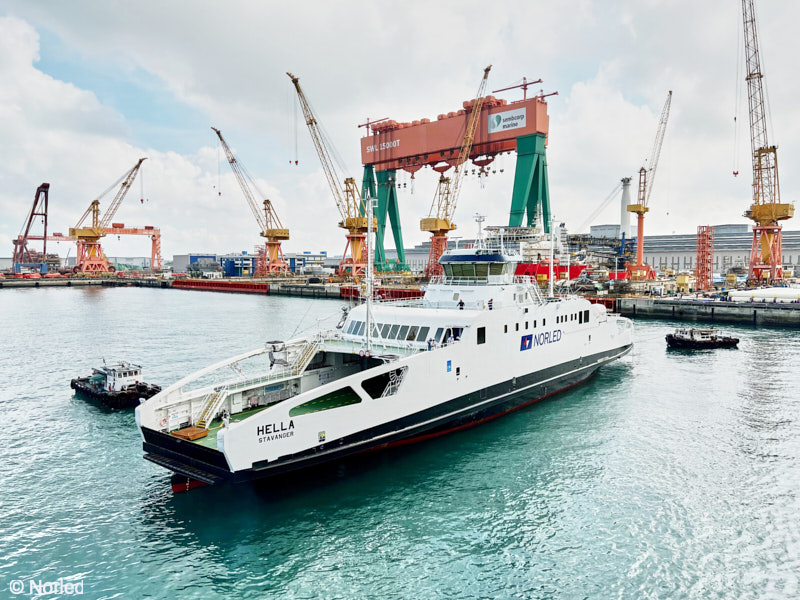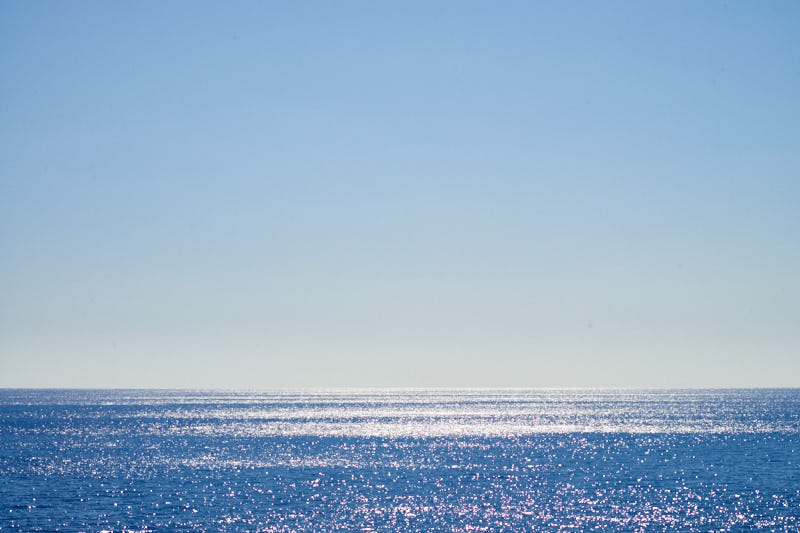Sembcorp Marine completes the first of three zero-emission battery-powered ferries for Norled. They were designed by its wholly owned subsidiary LMG Marin.
Energy-efficient solutions:
- quick-connection shore charging plugs
- auto-mooring
- auto-cross
- efficient hull
- propulsion and heat recovery systems
- minimised hotel and auxiliary loads.
The vessels will operate normally on zero-emission, powered by lithium-ion batteries at a service speed of 10 knots. When required, they can run on combined battery-diesel hybrid backup modes. The batteries will be charged and recharged using green hydro-electric power.
Length 82.4m | 300 passengers and crew | 80 cars or 10 cars/ 10 trailer trucks
Route: Hella-Vangsnes-Dragsvik (Norway)
The remaining two Ropax ferries are expected to be ready in 2022.
HELLA, the first ferry has been loaded on ROLLDOCK STORM and is on its way to Europe.









